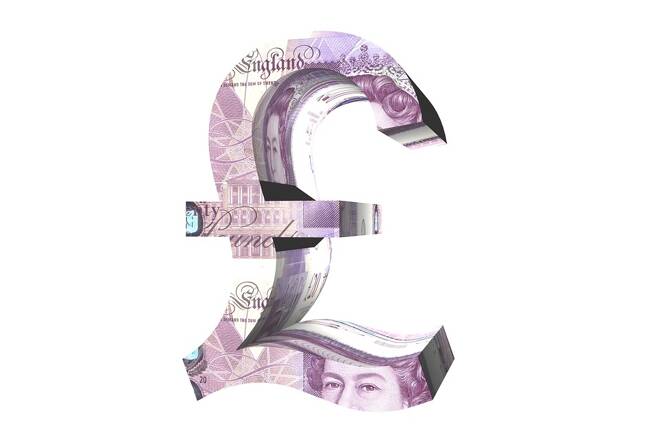Advertisement
Advertisement
UK Pound Falls After Interest Rate and Inflation Figures are Released
By:
The UK pound has spiralled down after the Bank of England (BOE)unanimously agreed to keep interest rates at 0.5%, and cut their forecast for growth this
The UK pound has spiralled down after the Bank of England (BOE)unanimously agreed to keep interest rates at 0.5%, and cut their forecast for growth this year to 2.2% from 2.5%.
Since the announcement early yesterday afternoon GMT, the pound precipitated to buying $1.54, falling from $1.466 only hours before BOE Governor Mark Carney made his announcement.
Sterling has continued to fall throughout the night and this morning, and is now buying $1.453.
Against the euro, there was a similar pattern, falling to buying EUR 1.3 early yesterday afternoon, and has gradually declined to buying EUR 1.297 this morning.
The UK interest rate has now been set at 0.5% since March 2009, and there appears to be no sign of that rate changing.
As the bank has decided not to follow in the footsteps of the Federal Reserve by increasing rates to 0.25% , and the Bank of Japan by setting rates at a negative 0.1%.
Bank of England Monetary Policy Committee Set Out Plan
The nine man Monetary Policy Committee (MPC), also voted unanimously to maintain the stock of purchased assets financed by the quantitative easing programme at £375 billion.
In a statement released by the MPC, they also focused on how to lift inflation from the current level of 0.2%, a figure way off the 2% target favoured by the BOE.
Low oil prices, and muted growth in world prices, and the appreciation of sterling since early 2013, were all singled out as the reasons why inflation has been weighed down.
Returning inflation towards the 2% target requires a delicate balancing act according to the MPC, from the drags of sterling appreciation and low growth in global export prices, against increases in domestic cost growth.
Rapidly offsetting the conditions that are pulling inflation down, would lead to volatility for employment and output the MPC said.
They are targeting turning inflation round in two years, with a pragmatic monetary policy that will take up spare economic capacity.
Despite the UK economy growing at a slower pace for 2015 at 2.2%, down from 2.9% in 2014, the MPC are adamant that the private sector remains resilient.
They believe that consumer confidence is robust, and is propped by real term wage growth rates.
And despite a predictable fall in oil and gas investment due to the low price commodity environment, the MPC believe that capital spending will be firm.
The MPC also expect GDP to grow at around average rates over the forecast period, this us due to a tighter labour market, and rising productivity, supporting wages and consumption.
Germany Figures Reveal Manufacturing Orders Decline
New manufacturing orders in Germany fell in December by 0.7% compared to November, according to official figures.
This was in contrast to the month on month 1.5% rise for the manufacturing sector in November.
Last month domestic orders decreased by 2.5%, while business overseas also was reduced by 0.6%
Fresh orders from the euro area was down by 6.9% in December from the previous month, while new orders from other countries increased 5.5%.
About the Author
Peter Tabernerauthor
Advertisement
